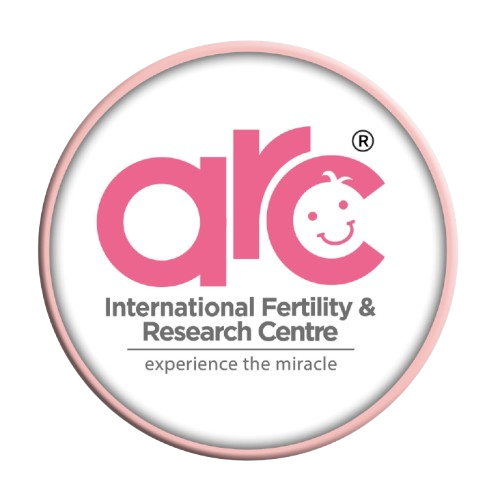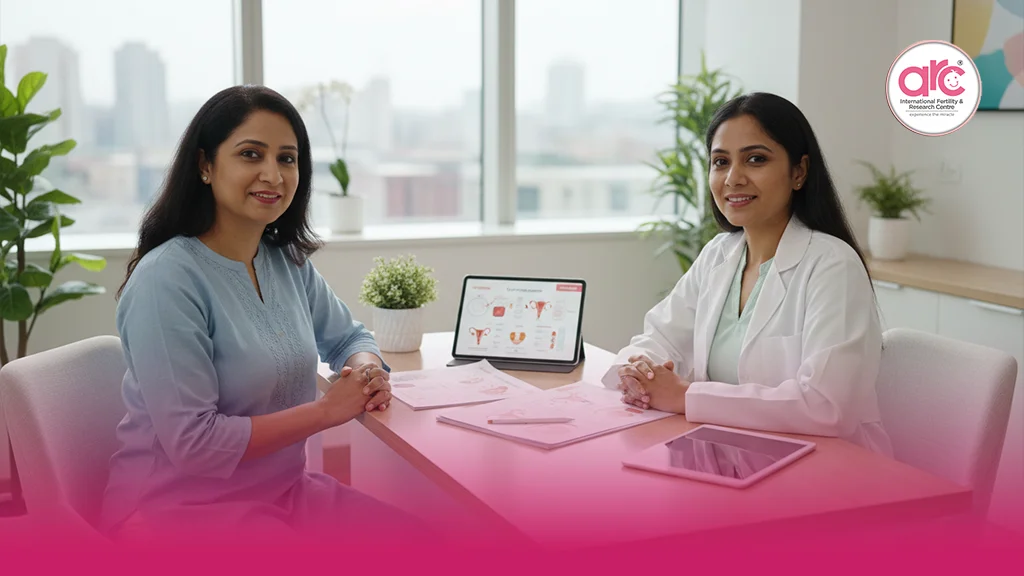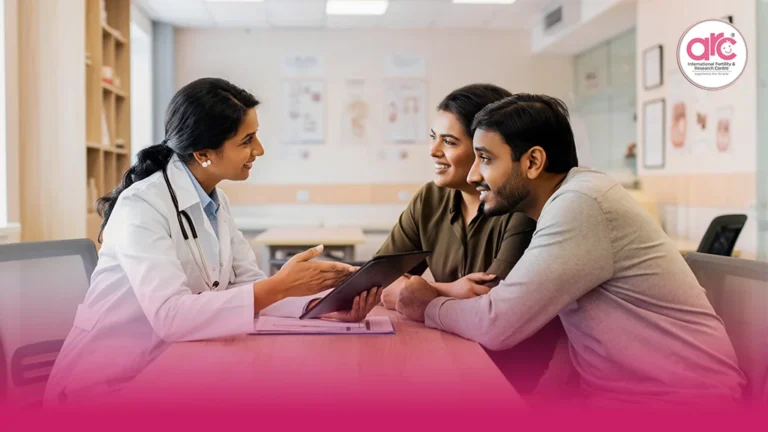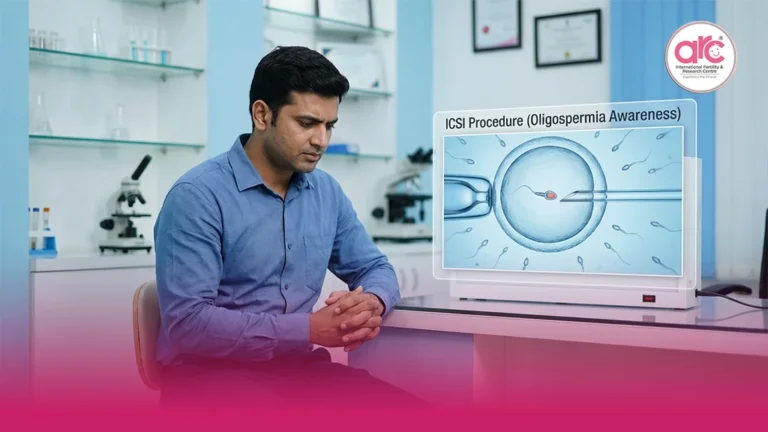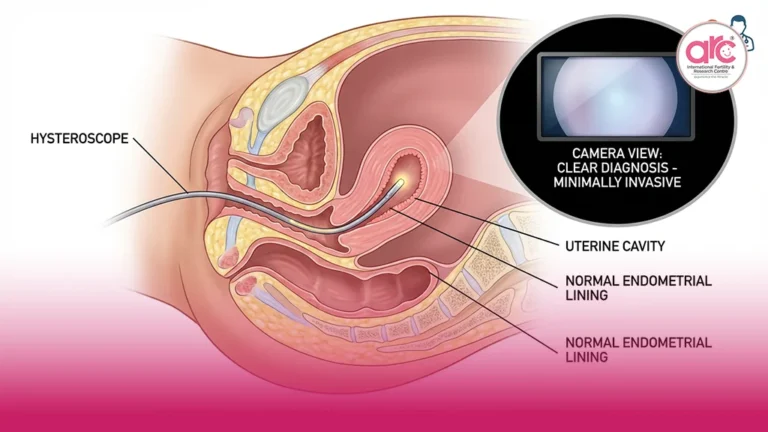Overview
Egg freezing is becoming a practical choice for many women. Not out of fear. Not out of pressure. But out of clarity. Today’s life moves fast. Careers stretch longer. Marriage timelines shift. Stability takes time. But the body follows its own timeline, quietly and firmly.
Egg freezing offers a way to respect both timelines — life’s and biology’s.
Why Egg Freezing Matters Today
Most women believe fertility stays strong until the late thirties. The truth is different. Egg count begins to drop from the mid-twenties. Egg quality drops faster after thirty. By thirty-five, the decline becomes steep.
This is not failure. It is biology. And biology does not negotiate.
Egg freezing allows women to store younger, healthier eggs before the natural decline takes over. It reduces pressure. It reduces regret. It gives space to plan life with calm, not panic.
A fertility hospital in chennai often sees women who say the same thing:
“I wish I knew earlier.”
Awareness is protection. Not luxury.
Who Should Consider Egg Freezing
Egg freezing is not only for women delaying marriage or motherhood. It helps across different situations.
Women focusing on growing careers benefit.
Women waiting for emotional readiness benefit.
Women with unpredictable personal timelines benefit.
Women with family history of early menopause benefit.
Women with medical conditions like endometriosis, PCOS, autoimmune disorders, or ovarian cysts should also consider it earlier. These conditions affect egg reserve without warning.
Women undergoing chemotherapy or radiation need this urgently. Cancer treatments can permanently damage fertility. Freezing eggs before treatment protects the future.
Some women choose egg freezing simply because they want control. They don’t want pressure from age or society. They want time. This is valid. This is responsible.
A best fertility hospital in chennai will guide without fear tactics. Just facts. Just clarity.
Understanding the Egg Freezing Process
Egg freezing is systematic. Predictable. Safe. But understanding each step matters.
The journey begins with consultation. Doctors check age, egg reserve, and hormones. Simple tests like AMH, FSH, estradiol, and antral follicle count show how many eggs can be collected.
Next comes ovarian stimulation. For 10 to 12 days, the ovaries are guided to produce multiple mature eggs. This requires daily injections. They are small. They are manageable. You visit the clinic for regular scans to track follicle growth.
When the follicles reach maturity, a trigger injection is given. This prepares the eggs for retrieval.
Egg retrieval follows. It is a short procedure done under mild sedation. No pain. No long recovery. A fine needle collects the eggs through the vaginal route. The procedure lasts 15 to 20 minutes.
The collected eggs go straight to the lab. They are checked for maturity and quality. Good eggs are frozen immediately using vitrification — a fast-freeze method that protects structure, strength, and survival.
Frozen eggs remain stable for years. You decide when to use them.
How Many Eggs Should Be Frozen
There is no universal number. Age decides it.
Women under 32 usually freeze 8–12 eggs.
Women between 33 and 37 may need 12–20 eggs.
Women above 37 may require multiple cycles because egg quality declines.
Doctors set realistic targets based on your reports. Not guesses. Not assumptions. Your biology decides the strategy.
Understanding the Success Rate Honestly
Egg freezing increases chances, but does not guarantee pregnancy. Quality matters more than quantity. Younger eggs survive thawing better. Younger eggs fertilise better. Younger eggs lead to healthier embryos.
When you decide to conceive, the eggs are thawed and fertilised. This is where you must understand IVF vs ICSI. In IVF, eggs and sperm meet naturally in the lab dish. In ICSI, a single sperm is injected into each egg. ICSI is recommended when sperm quality is weak.
Your doctor will choose the right method based on your reports and your partner’s sperm health.
Success rate depends on:
– Your age at the time of freezing
– Number of mature eggs stored
– Your health during embryo transfer
– Sperm quality during fertilisation
A fertility hospital in chennai will give realistic numbers based on your actual data, not generic statistics.
Emotional and Psychological Side of Egg Freezing
The science is clear. But the emotions need attention too.
Some women feel empowered after freezing their eggs. Pressure reduces. Mind becomes calm. Decisions become steady. The fear of “running out of time” becomes softer.
Some women feel unsure. They question timing. They worry about outcomes. These feelings are normal. Egg freezing is not a last-minute attempt. It is a strategic pause. It gives women breathing space in a world that rushes them.
Emotionally, egg freezing brings peace when supported with correct counselling and genuine information.
When Egg Freezing Should Not Be Delayed
Women with rapidly falling AMH should not delay.
Women with irregular cycles should not delay.
Women above 35 should not delay assessment.
Women with family history of early menopause should act early.
Delay is costly when the egg reserve becomes too low. Egg freezing works best when done earlier, not when options shrink.
The best fertility hospital in chennai focuses on early detection, honest timelines, and medically sound decisions.
Common Misconceptions
Many believe frozen eggs expire quickly. They don’t. They last for years.
Many believe freezing affects future health. It doesn’t.
Many believe freezing guarantees pregnancy. It doesn’t — it increases chances.
Many believe it is only for career-focused women. That is wrong. It is for anyone who wants choice.
Egg freezing is planning. Not escape. Not fear. Not delay. Planning.
Final Thought
Egg freezing gives women something rare — control over time. It is a scientific tool, not a shortcut. A safety net, not a promise. A choice, not pressure. When chosen at the right age, it becomes a powerful insurance for future motherhood.
For women balancing ambition and family plans, egg freezing offers clarity. It protects possibilities. It reduces worry. It builds confidence.
And when guided by the right medical team, it leads to one outcome that matters most — freedom to choose motherhood on your own terms.
